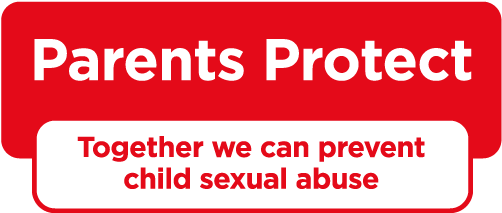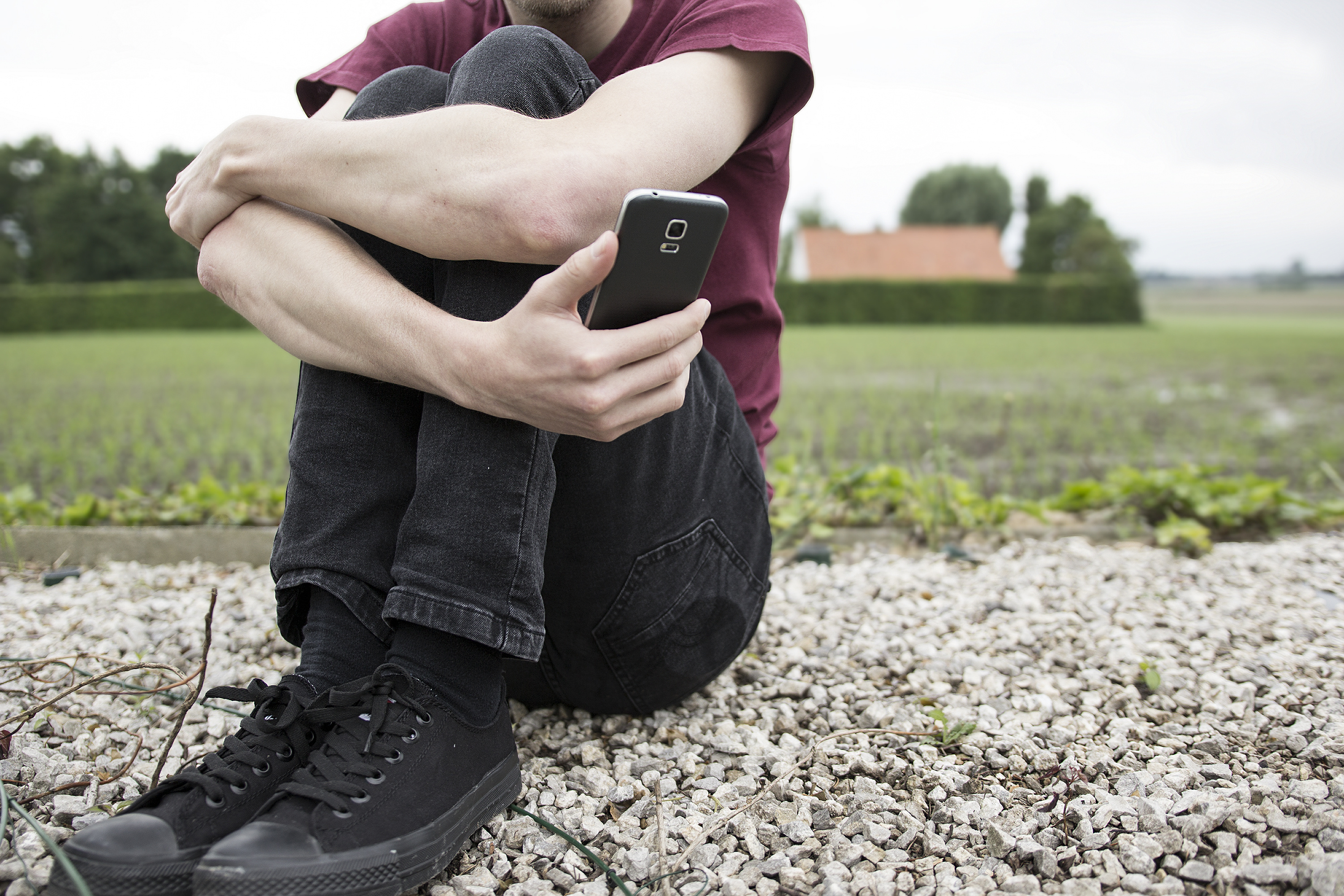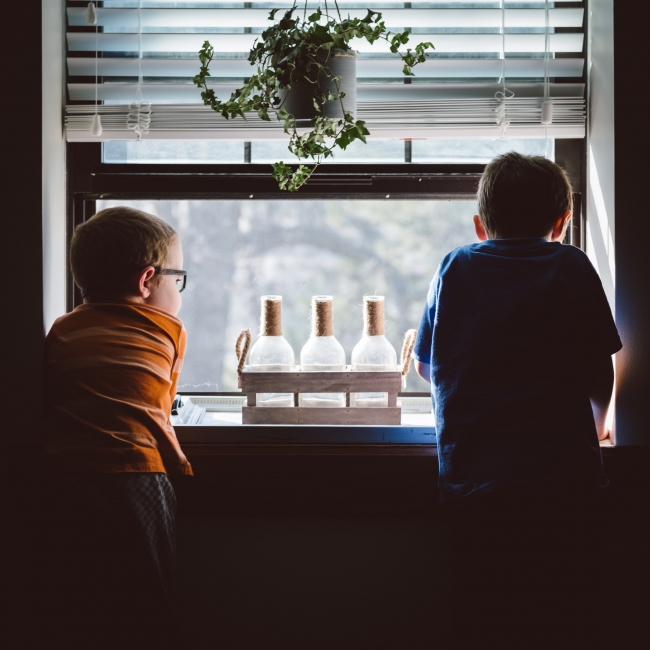HOW ABUSE happens - building confidence to prevent it
People who sexually abuse children often build relationships with the child and the adults around them before the abuse takes place. This is known as grooming. Watch the short video below to understand how to prevent grooming, how to spot the signs, and how respond if something goes wrong.
People who sexually abuse children might make friends with parents who are facing difficulties - for example, single parents who need help or support.
Others get to know couples and might offer to babysit. Some seek trusted positions in the community which put them in contact with children. Some target places like playgrounds, parks or shopping centres. Others gain access to children through faith groups, youth work or sporting organisations.
If they don’t already know them through family members, friends or acquaintances, people who groom children online will usually find out information about their potential victim from the start - who they are, what they like, what they don’t like, what they worry about, who they get on with.
They’ll also try to assess how likely it is that child will tell their parents if something worries or upsets them. If they think it’s ‘safe enough’, they’ll then try to isolate the child in some way, while at the same time creating a special relationship with them.
This can often happen in social networking and gaming apps and sites, and in chat rooms.
People who groom children sometimes pretend to be younger than they are or a different gender. But sometimes, they just go online as themselves and can find children who are interested or curious to talk about sex, and who might do sexual things on webcam, or even agree to meet up offline.
Once close to a child, the person abusing the child will find ways of making sure the child doesn’t tell anyone what’s happening, including about any abuse.
They might play on the child’s fear, embarrassment or guilt about what is happening, perhaps convincing them that no-one will believe them. Sometimes the person will make the child believe they enjoyed it – or wanted it to happen.
They might use gifts, treats or threats about what may happen if they tell – the family breaking up, or the person who abused the child going to prison.
Remember, however hard it is to accept, the person who has abused a child is most often a relative or close family friend.
WANT TO KNOW MORE?
If you want to know more how to prevent child sexual abuse, you can watch the rest of our short films.
If you're worried about how an adult or young person you know behaves around children, you can get confidential support from the Stop It Now! helpline: 0808 1000 900. If you’re not ready to speak to someone yet, you can use our live chat or send a secure message.
WHY DO PEOPLE COMMIT CHILD SEXUAL ABUSE?
It can be hard to understand why someone would commit sexual abuse. Understanding how people who have abused children are able to cause harm, can help us porotect children from future abuse.
who sexually abuses children?
People who sexually abuse a child are likely to be people we know, trust, care about and love. In order to understand who abuses children, parents are carers need to identify how someone can commit harm to better protect children and young people.
Learn MoreHow are children groomed?
Grooming is a word used to describe how people who want to sexually harm children and young people get close to them, and often their families, in order to gain trust.
Learn MoreWhat to do if a child tells about abuse?
It can be difficult to know how to respond if a child tells you about abuse - we can help you to respond in a sensitive and appropriate way.
Learn More




.jpg)